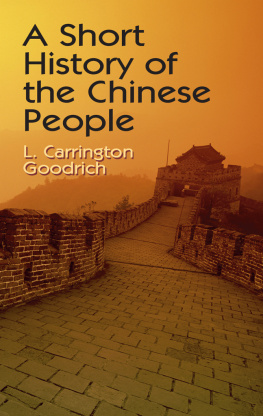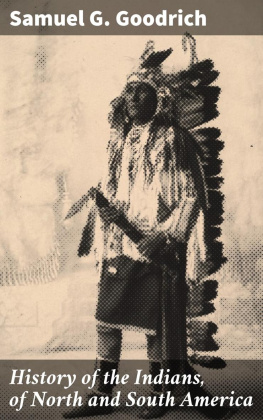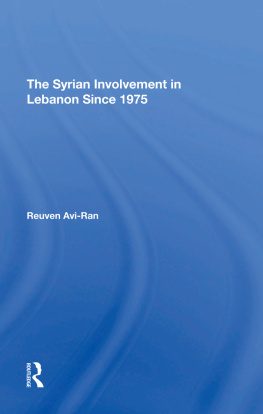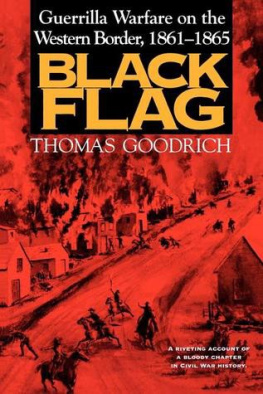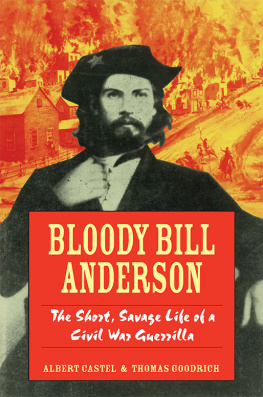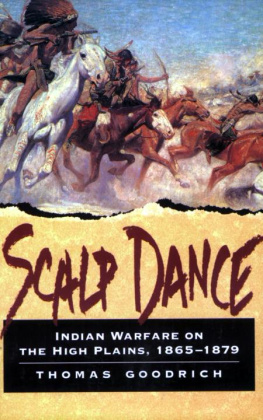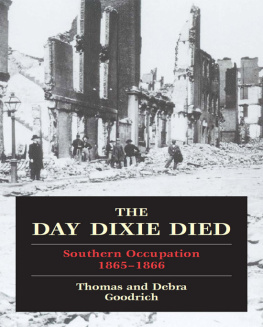IN MOAB
CHAPTER I
GOING TO JERICHO
"A certain man went down from Jerusalem to Jericho"
Life is, in many respects, made very easy in the Holy Land. You can return home in the afternoon with no anxious forebodings as to how much waste of time is awaiting you in the shape of cards and notes on the hall table; you may wear clothes for covering, you may eat for nourishment; without taking thought for fashion in the one case, or of competition with your neighbour's cook or gardener in the other. Butaccording to our Occidental standardsyou cannot consistently indulge any taste you may happen to have for being grand. Your attempts at a London, or shall we say a suburban, drawing-room, your "At Home" days, your Europeanised service, the dress of your womankinddistantly reminiscent of the ladies' papers and of Answers to Correspondentsare certain to be complicated by some contretemps provocative only of mirth. The Oriental himself makes no attempt at being consistent. When you arrive at his house he spreads a priceless carpet, but omits to remove last week's dust from off the furniture; he gives you perfumed coffee, which is like a dream of Olympus, and his servant brings you a piece of bread in his fingers.
These reflections, and many more, were suggested during the waiting which accompanied our start in the early sunrise at half-past five on Saturday, 3rd October 1903. No one could have guessed how grand we really were, and there were moments then, and later, when the fact escaped even our own notice. We four, the Lady, the Doctor (of various forms of scholarship) and the two Sportsmen, were the chosen and proud companions of the Professor; and the Professor, besides being the greatest epigraphist in Europe, was the representative of a Royal Personage, and armed with all the permits and safe-conducts and special privileges useful in a land of cholera, quarantine, and backsheesh. Our eight horses were innocent of grooming, and their equipment was fastened together mainly with tin tacks, pieces of rope, and bits of string; but it would have been difficult to find in England any animal to whom you could have proposed, still less with whom you could have carried through, one tithe of what our ragged regiment accomplished. Our two grooms, mukaris, appealed to certain senses as vaguely horsey, though they suggested nothing more distinguished than stable-helps; but their management of eight animals, under conditions which seemed especially designed for their destruction, when there was not a blade of grass, perhaps for a whole day not a drop of water; when they were ridden for ten, twelve, or even fourteen hours at a stretch with merely an hour's restwithout forageat noon, would have done credit to any groom at Badminton or Berkeley. As we proposed to ourselves both pleasure and profit we took no servantsstill less a dragoman. Our portable food had been very carefully selected, and was the best obtainable. Bread, eggs, chickens, grapes, and lemons we could count upon getting as we went along.
Each member of the party had clothing and a blanket in a pair of saddle-bagsmostly of goats' hair or camels' hair, gaily decorated with coloured tasselsand these, with an extra pair for the baskets of food, spirit-lamps, plates, knives, and tin cups, were distributed among the three baggage animals, who also carried, in turn, the two mukaris, perched on the top of the pile, but capable of climbing up and down with incredibly rapid agility.
At length the cavalcade was ready, and we turned our faces towards Jericho. First came the Professor, on a tall, white Circassian horse, with a tail which almost swept the ground, and was dyed with henna for protection from the Evil One, who was further defied, by each of us, by means of a large blue bead hanging round the neck of every horse on a coloured worsted rope. The Professor himself exhibited five foot of humanity, mostly brains; a personality which consisted, to the eye, of a large scarlet and gold silk keffeeye (head covering) with a goats' hair akal (rope to keep it in place) and an elaborate silk fringe, below which emerged a pair of black leggings, into one of which a whip was jauntily stuck. He was mounted on a peaked, military saddle, and he alone of all the party refused to be separated from his saddle-bags, which contained an assortment of cigars, cigarettes, tobacco, and the long wooden pipe, for use in the saddle, such as is in favour with the Bedu.
Next came the Lady, mounted on a long-legged Arab steed, several sizes too large for her, but selected for her use mainly because he could do the rahwn, the light canter special to the desert horses, and which reduces fatigue to a minimum. It was discovered, later in the day, that he was also capable, apparently, of running for the Derby, an incident which may as well be recorded at once, as it resulted in his banishment to the second class, and the society of the mukaris.
The road from Jerusalem to Jericho still retains the character recorded some two thousand years ago, but the thieves among whom you inevitably fall are now licensed by the Government. There is a whole village full of them, called Abu-dis, and they have the privilege of protecting travellers from Bethany to Jerichothat is, of enforcing payment for preventing anyone else from robbing you. It is but some few years ago that an Englishman, suspected of seeking to dispense with this advantage, had his donkey shot under him. At Bethany, accordingly, we were joined by our escort, but, as became our dignity, he was an officer, picturesquely attired, and mounted, unfortunately, on a beautiful Arab mare. The misfortune lay in the fact that all our horses, with one exception, were stallions, most of whom became restless and uneasy, that of the Professor so unmanageable that our escort was compelled to leave us, and to take to bypaths from which he could, more or less, keep us in sight. Nevertheless, even the temporary companionship had somewhat excited the entire cavalcade. We were all in good spirits, and it must be confessed that there was a certain amount of what may be called "fooling"-of what we would not for worlds describe as "showing off," but, rather, as trying the paces of our steedsan amusement which the Professor saw reason, later, to forbid entirely.



